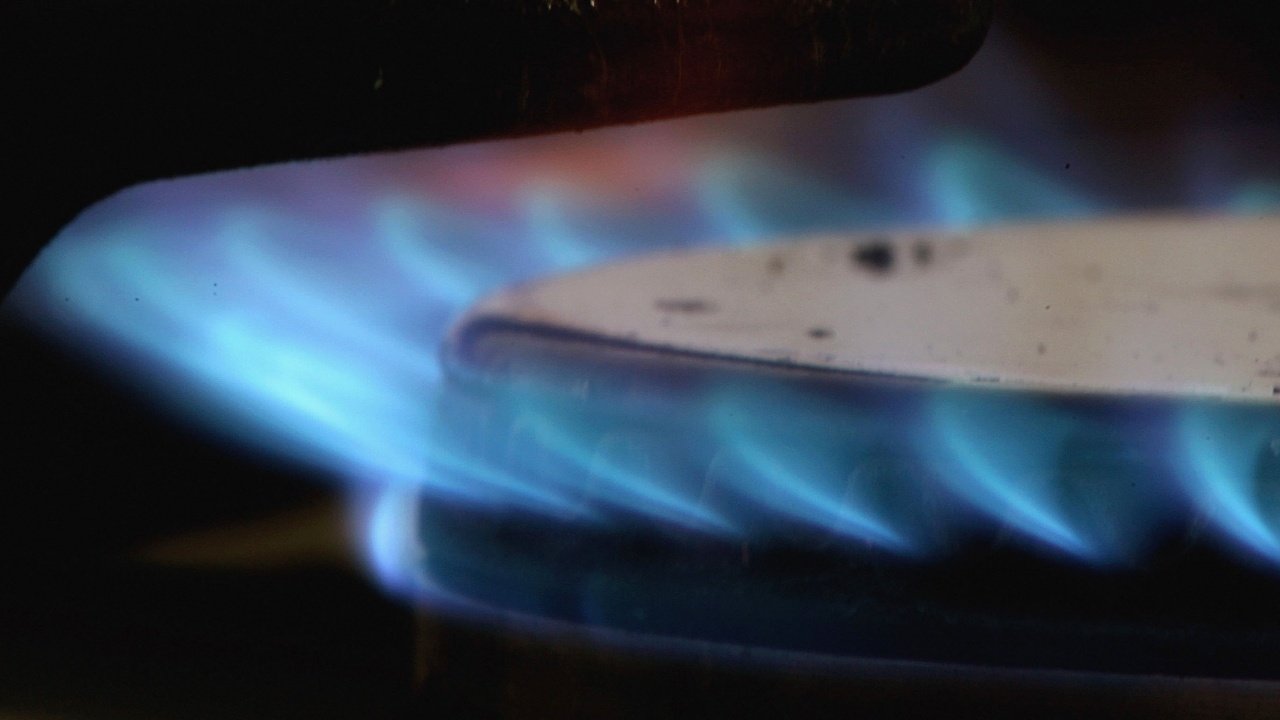US and Western officials are finalizing plans to cap Russian oil prices amid World Bank warnings that any plan will require active participation from emerging market economies to be effective, Reuters reports.
Officials said no price range has yet been set, but a person familiar with the process said the ceiling would be set in line with the historical average of $63-64 a barrel, a level that could form a natural upper limit.
Such a level is consistent with Treasury Secretary Janet Yellen's recent comments that a price ceiling in the $60 range would give Russia an incentive to keep selling oil.
President Joe Biden's administration saw the price cap as a way to reduce oil revenue for Russia, a major source of funding for the war against Ukraine, while keeping Russian oil flowing and avoiding a price spike.
The actual price will be determined in the coming weeks ahead of the scheduled December 5 entry into force of a European embargo on Russian oil and related restrictions on marine oil shipping and insurance.
A senior Biden administration official said reports of any price range were inaccurate, but declined to elaborate.
US officials countered a report by Bloomberg News, citing unnamed sources, who said they had been forced to change plans for the price cap, with fewer countries involved and at a higher price level.
EU Energy Ministers: Common gas orders from reliable partners after the end of the heating season
The White House told reporters weeks ago that the intention to cap prices was already bearing fruit, allowing countries to demand greater concessions from Moscow.
Bloomberg also reported that South Korea has privately told G7 countries that it plans to comply with a price cap on Russian oil, and G7 officials are also trying to get New Zealand and Norway on board with the price cap.
"The White House and the administration remain on course to implement an effective, strong cap on Russian oil prices in coordination with the G7 and other partners," White House National Security Council spokesman Adrienne Watson said in a statement to Reuters.
Yellen told reporters earlier this month that the coalition pushing for the price cap included the Group of Seven, the European Union and Australia and they were "not trying to engage additional countries".
Western diplomats say the price cap already gives India and other buyers of Russian oil greater leverage in negotiations with Moscow, allowing them to secure good concessions.
Indonesian Finance Minister Sri Mulyani Indrawati told the Jakarta Post in an interview published on Wednesday that Yellen had told her the cap would be set at a level that was enough to guarantee Russia a profit, but not an "abnormal profit". .
The World Bank said on Wednesday that the G7 oil price cap could affect the flow of oil from Russia but was an "unproven mechanism" and needed the participation of major emerging markets and developing countries to be effective .
We remind you that Russia has already stated that it will not trade with countries participating in the price ceiling.
Russian gas
price ceiling
